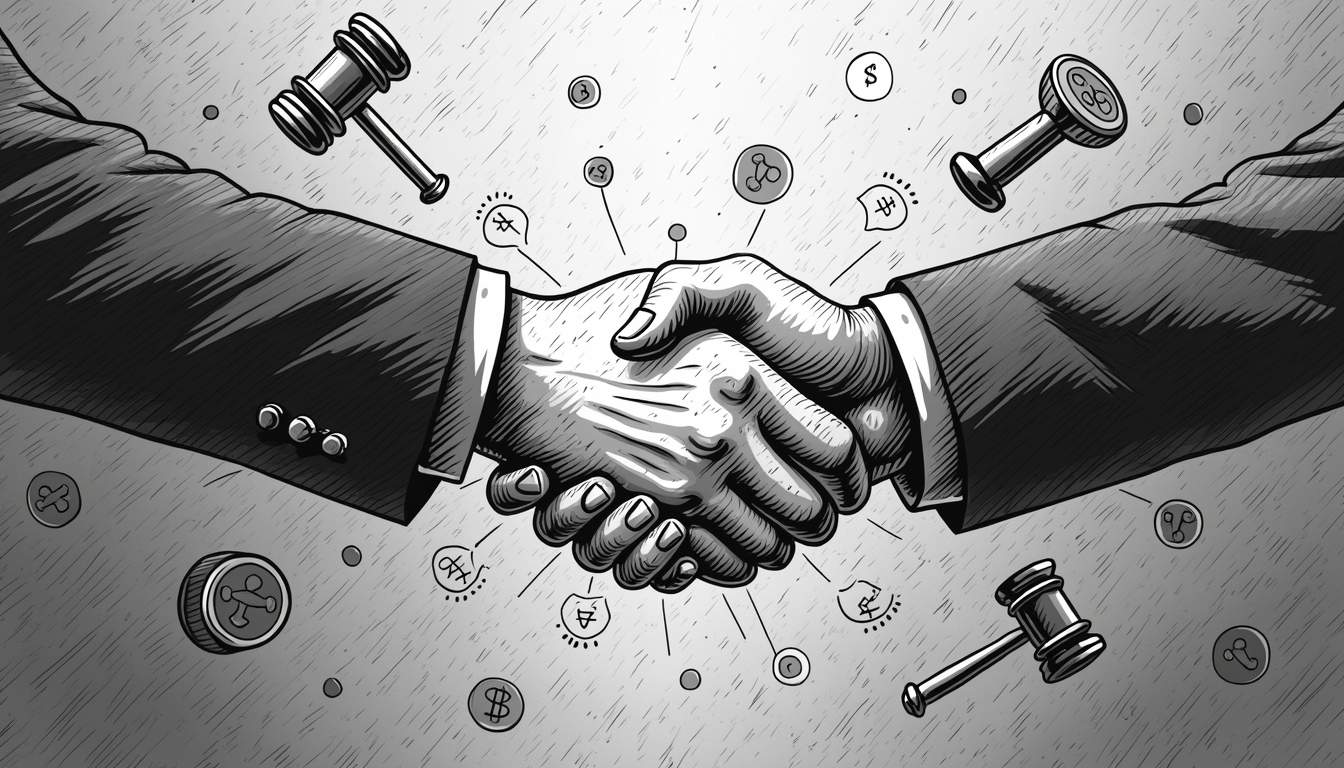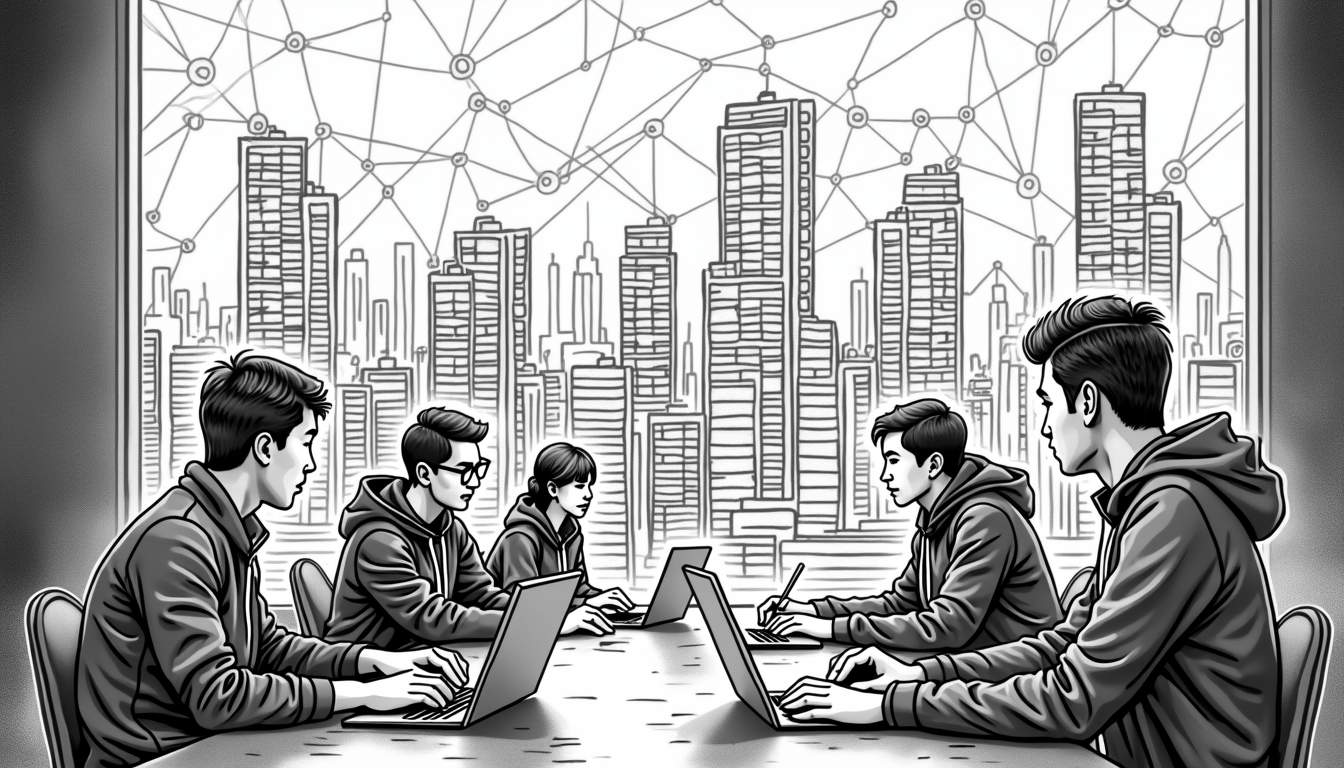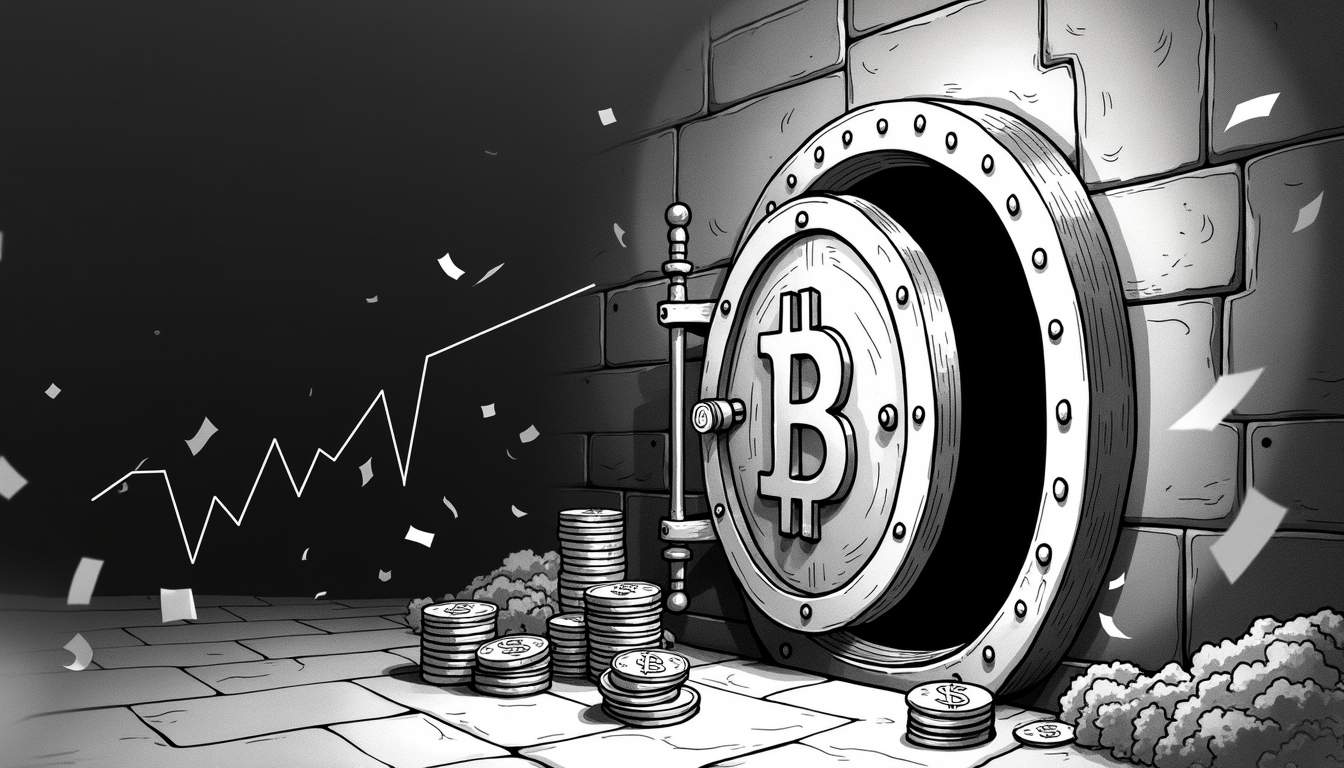Author: Joshua Martinez
Binance and Circle's USDC partnership could reshape the stablecoin market, enhancing regulatory compliance and influencing crypto user behavior.
XRP's ultra-low fees and rapid transactions could reshape the crypto market, driving value and adoption.
Bitvavo leads the European crypto market with 50% EUR spot volume, leveraging MiCA regulations and extensive digital assets.
Pudgy Penguins NFT floor price hits $102K as $PENGU token launch on Solana nears, marking a pivotal cross-chain expansion.
Lamina1 merges with Another World, integrating over 500,000 users to revolutionize the metaverse and blockchain ecosystem.
AI Agents on Solana: Explore customizable, secure AI Agents with fair token distribution and diverse DeFi applications.
Sui Network integrates with QuickNode to enhance blockchain security, scalability, and simplify Web3 development for developers.
Ray Dalio highlights Bitcoin and gold as stable hedges against rising global debt and economic uncertainty, emphasizing their potential over traditional debt assets.
XRP's whale activity spikes as $213M outflows from exchanges signal potential price surge. Explore the impact on the US crypto market.
U.S. Bitcoin reserve proposal faces criticism over financial risks, market volatility, and centralization concerns.









